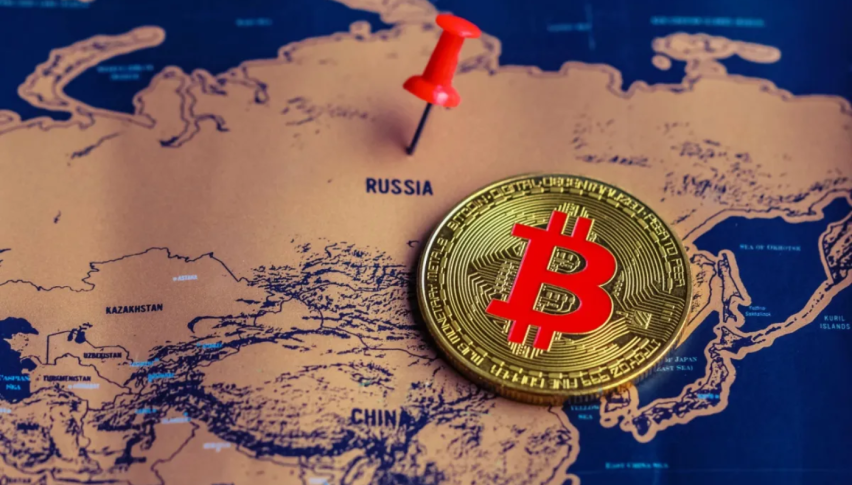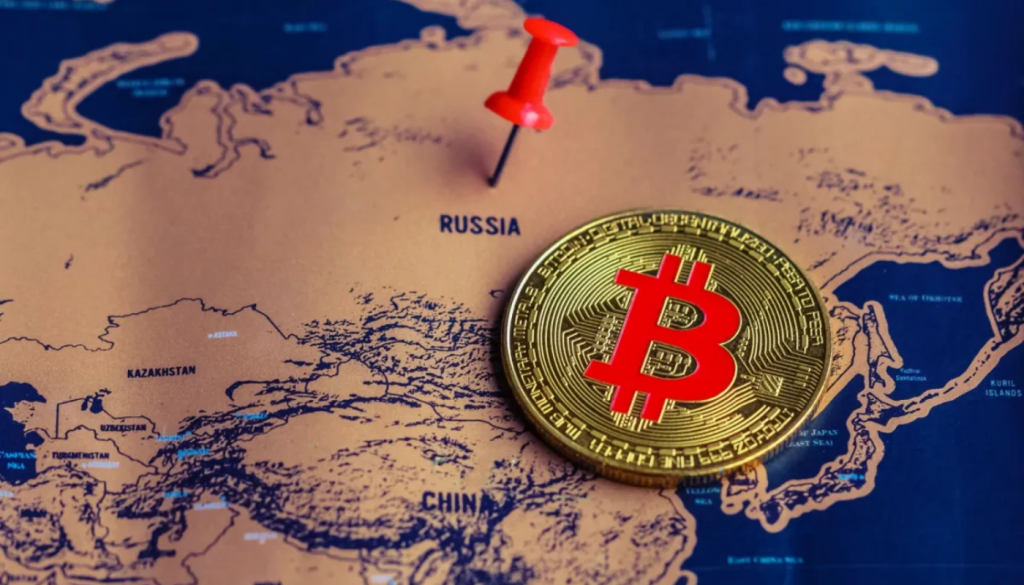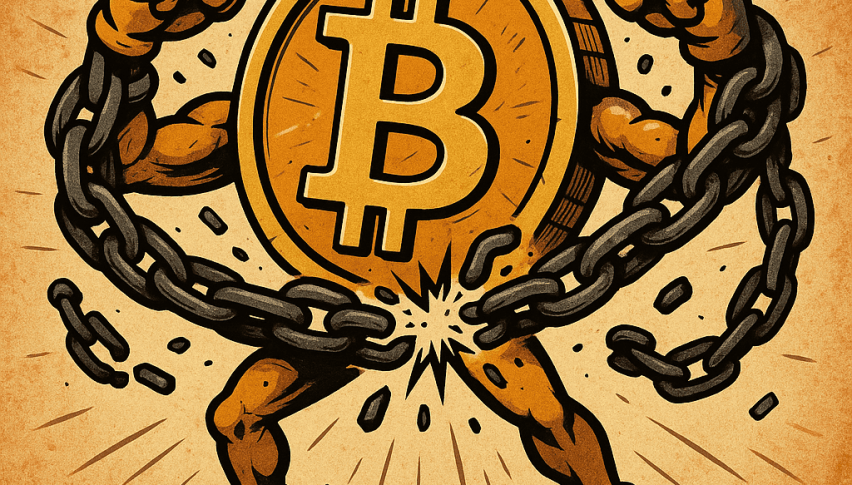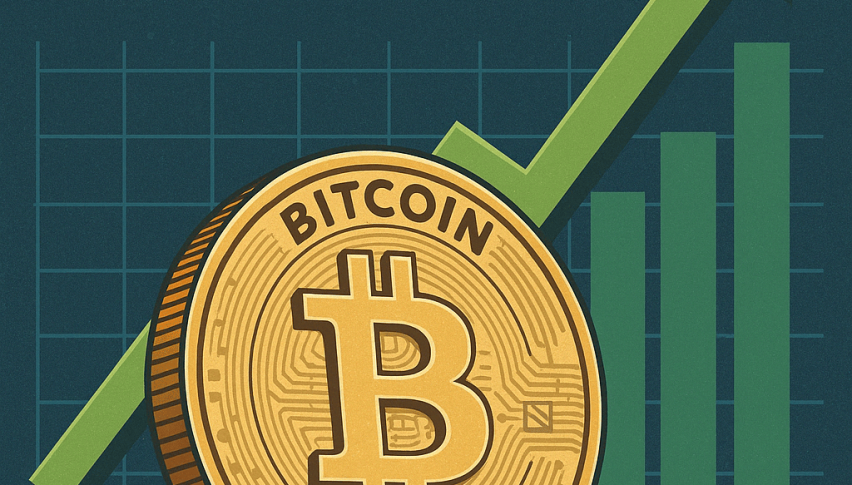Russia Accelerates Crypto Exchange Trials to Overcome Payment Barriers
Russia is set to initiate trials for cryptocurrency exchanges and cross-border crypto transactions on September 1, a move aimed

Russia is set to initiate trials for cryptocurrency exchanges and cross-border crypto transactions on September 1, a move aimed at overcoming payment challenges caused by ongoing international sanctions.

A Bloomberg News report on August 26 states that the trials will leverage the National Payment Card System to facilitate swaps between rubles and cryptocurrencies.
Russia will officially start using crypto for international transactions next week, bypassing US sanctions. pic.twitter.com/ELQeE3b2gw
— Murphy🇬🇭🇳🇬🇮🇱 (@Igwe71094185) August 27, 2024
This initiative follows recent legislative changes in Russia, where lawmakers approved bills in July legalizing crypto mining and creating a framework for testing digital tokens in cross-border payments.
These measures were signed into law by President Vladimir Putin on August 8.
Sanctions Spur Russia’s Crypto Adoption
The adoption of cryptocurrency in Russia comes amid escalating difficulties for businesses to pay foreign suppliers and receive payments for exports, especially after the U.S. broadened its criteria for sanctioning foreign banks that engage with Russia.
The sanctions have severely restricted traditional financial avenues, forcing Russia to explore alternative methods to sustain its economy.
🚨JUST IN: Russia to start using cryptocurrency for international transactions from September 1st to bypass Western sanctions
They're NGMI💀 pic.twitter.com/4e31E4vpMv
— Simply Bitcoin (@SimplyBitcoinTV) August 27, 2024
Before the invasion of Ukraine, Russia’s central bank had advocated for a comprehensive ban on cryptocurrency.
However, the geopolitical landscape has since shifted, pushing the country toward embracing crypto as a viable financial tool.
The Role of Stablecoins in Cross-Border Transactions
Beyond Russia’s crypto trials, there is growing interest globally in using stablecoins for cross-border transactions.
As Sheraz Shere, head of payments at the Solana Foundation, pointed out, blockchains are emerging as alternative payment rails, capable of handling financial assets efficiently.
Despite their potential, the technology still faces challenges, particularly in terms of user-friendliness. Current systems have been criticized for being too tech-centric, with limited focus on user experience.
related to this, the larger issue is that stablecoins must be overcollateralized for purposes of peg stability
thus, they hit scaling issues unless
1/ tons of collateral is tokenized on chain, expanding TAM, or
2/ trustless unsecured credit is introduced and widely adoptedto…
— Harrison Comfort (@hoco_dam) August 28, 2024
Traditional payment methods like wire transfers are often slow, costly, and burdened by regulatory complexities.
In contrast, stablecoins offer a faster, more cost-effective alternative, minimizing the need for intermediaries.
Pegged to stable assets like the U.S. dollar, these digital currencies also shield businesses from currency fluctuations that could otherwise impact transaction values.
The Future of Global Payments
As Russia and other nations explore crypto and blockchain technology, the landscape of international payments is likely to undergo significant transformation.
Businesses are increasingly “rewiring” their payment systems around these emerging technologies, as noted by Thredd CEO Jim McCarthy.
The integration of crypto into mainstream financial systems could redefine how transactions are conducted globally, making payments faster, more efficient, and less reliant on traditional banking channels.
By embracing cryptocurrency and blockchain, Russia is not only seeking to circumvent sanctions but also positioning itself at the forefront of a potential revolution in global finance.
As these trials progress, the world will be closely watching how these initiatives unfold and impact the broader economic landscape.
- Check out our free forex signals
- Follow the top economic events on FX Leaders economic calendar
- Trade better, discover more Forex Trading Strategies
- Open a FREE Trading Account



